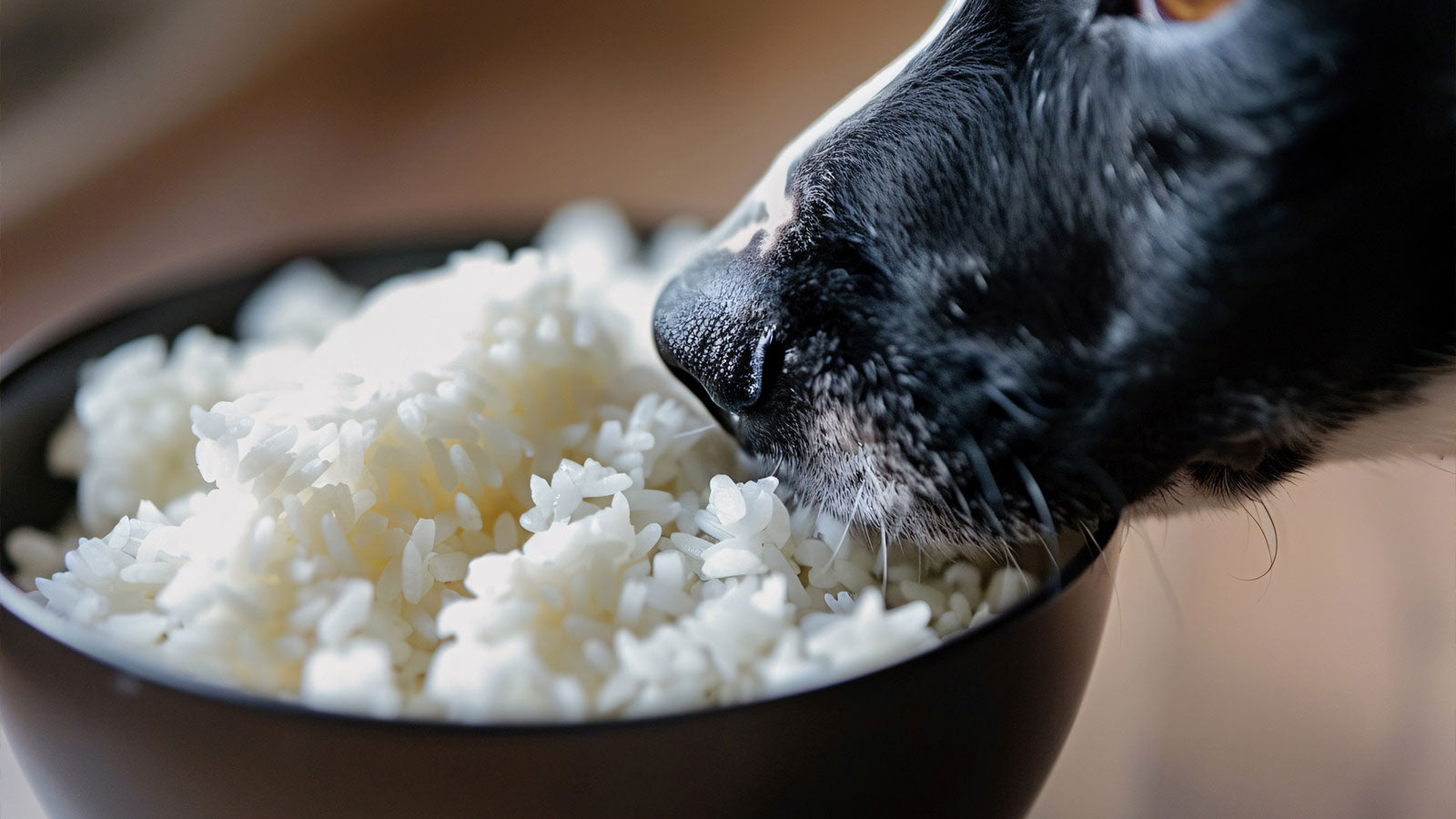When it comes to feeding our dogs, many of us wonder whether rice is a suitable addition to their diet. Rice is a staple food in many human diets, but is it appropriate for our canine companions?
While rice is often considered a harmless and easily digestible carbohydrate, there are several factors to consider before making it a regular part of your dog's diet. Rice is one of the oldest cereal grains, consumed by billions worldwide as a primary source of carbohydrates. It is cheap and widely available, which is why it often appears in commercial dog foods as a filler. However, the nutritional value of rice is limited. It is primarily a carbohydrate with minimal amounts of vitamins, minerals, and phytonutrients, which are essential for your dog's overall health.
Brown rice is more nutritious than white rice as it retains the bran and germ, offering fiber, manganese, and small amounts of iron and B vitamins. However, white rice is stripped of these nutrients during the milling process, making it even less beneficial. Even brown rice, though slightly better, is not as nutrient-dense as other foods like leafy greens, meat, poultry, or fish, which also provide energy and essential nutrients without the high carbohydrate load.
Impact on Taurine Levels
One significant concern with feeding dogs rice is its impact on taurine levels. Taurine is an amino acid crucial for heart health, vision, and reproduction in dogs. Studies have shown that diets high in rice, especially when combined with lamb or turkey, can lead to lower blood taurine levels. This deficiency can have serious health implications, particularly for heart function.
Can Dogs Digest Rice?
Yes, dogs can digest rice. Unlike humans, who produce the enzyme amylase in the mouth to break down carbohydrates, dogs produce it in the pancreas. While they can digest rice, it doesn't mean that rice should be a staple in their diet. The modern processed diet, rich in carbohydrates like rice, can lead to weight gain and other health issues, such as diabetes, by constantly spiking blood sugar levels and demanding more insulin production.
Is Rice Good for Dogs with Diarrhea?
Veterinarians often recommend a bland diet of rice and boiled chicken for dogs with diarrhea, as it is easy to digest. However, better options exist. Foods rich in fiber, such as pumpkin, can be more beneficial and easier on the digestive system than rice. Additionally, special soups designed for digestive health may provide more comprehensive relief without the drawbacks of high carbohydrate content.
Risks of Including Rice in a Dog’s Diet
Feeding dogs rice regularly can increase the risk of diabetes due to its high glycemic index. The rapid conversion of rice into blood sugar puts stress on the pancreas, leading to an overproduction of insulin, which may eventually result in insulin resistance and diabetes. Furthermore, rice used in dog food often contains mycotoxins, pesticides, and may even be genetically modified, all of which can harm your dog's health.
Arsenic in Rice: A Hidden Danger
One of the most concerning aspects of feeding rice to dogs is the potential for arsenic contamination. Arsenic, a toxic element, is often found in rice due to environmental pollution, particularly in areas where rice is grown in waterlogged conditions. Over time, even low levels of arsenic can accumulate in your dog’s body, leading to serious health issues like cancer, heart disease, and neurotoxicity.
Conclusion: Should Dogs Eat Rice?
While dogs can digest rice, the question remains whether they should eat it. Given the nutritional limitations of rice, its potential to lower taurine levels, the risk of diabetes, and the danger of arsenic contamination, rice is not an ideal food for dogs. Instead, focus on providing a balanced diet rich in animal proteins, healthy fats, and a variety of fruits and vegetables. These food sources are not only more nutritionally complete but also less likely to contribute to the health problems associated with rice.
In summary, while rice may seem like a harmless addition to your dog's diet, it is better to opt for more nutrient-dense, safer alternatives that will support your dog’s health and well-being over the long term.






Κοινοποίηση:
Don't Be Fooled by the Packaging: What's Really in Your Dog's Kibble?
The Sweet Benefits of Honey for Dogs